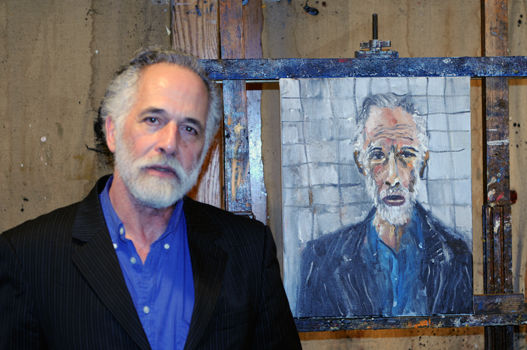No other art form clings to representation—what we think of in fiction as “realism”—like mainstream poetry. In visual art, figurative painting—representation’s equivalent—has fallen in and out of favor regularly since Cezanne, and painting has shifted from abstraction to cubism to expressionism and back. Classical music has abandoned and occasionally returned to tonality, modern dance has made ample use of abstraction since Isadora Duncan, from Cunningham’s chance collaborations with Cage to Ailey, Taylor and Twyla Tharp and beyond, and contemporary theater routinely blends realism with surrealism and the absurd.
Representational poetry’s built on the metaphors of dream and narcosis: it provides the pleasure of suspension of disbelief and “re-created” characters and events. In a lyric poem, representation depends upon a reader’s desire to identify the speaker with the poet, placing great faith in verisimilitude. It assumes, too, that conscious or self-conscious use of the medium (language) will distract from and diminish a reader’s experience. One can posit any number of theories as to the persistence of representation in poetry: one factor might be connected to poetry’s diminishing role in culture. Although it seems naive to believe poets have the power to alter historical, economic and social circumstances well beyond their control, many poets worry about “difficulty” further depriving them of an audience—so a new wave of well-meaning populists and “popularizers” like Garrison Keillor and Robert Richman promote “clarity” and “directness,” advocating the fiction of accessibility and authenticity. I say fiction for obvious reasons: experiences are filtered through consciousness, so no memory actually recreates experience nor escapes subjectivity or distortion. And when narrating memories we select some details, omit others. Secondarily, it’s difficult to imagine how the many competing truths of modern life and the increasing complexity of an individual’s relationship to language and the world can be portrayed “directly” without seriously reducing experience.
Arguments about representation present a vexing question: by what means are we moved in art, how are we changed? Is it by our stories, themes and the music behind them, or are those changes more unconsciously and irrationally rendered by the present tense encounter with language and the unfolding arrangement of the words themselves? In music (despite the “programmatic”), we’re clearly moved by the medium and not by subject or story. In poetry, though, two legitimate but contrary aesthetic stances shape the controversy: those who wish to advance the art form and those who wish to conserve it—those who either believe in eternal truths or in the Romantic view of illuminated and heightened moments, and those who believe in the fluidity and relativity of truths about form and experience (Lyn Hejinian’s essay “Against Closure” articulates this point of view). Most poets actually fall somewhere between these two positions, but in this essay, I want to explore the territory of more experimental poets who make use of avant-garde techniques without fully abandoning the pleasures of representation.
